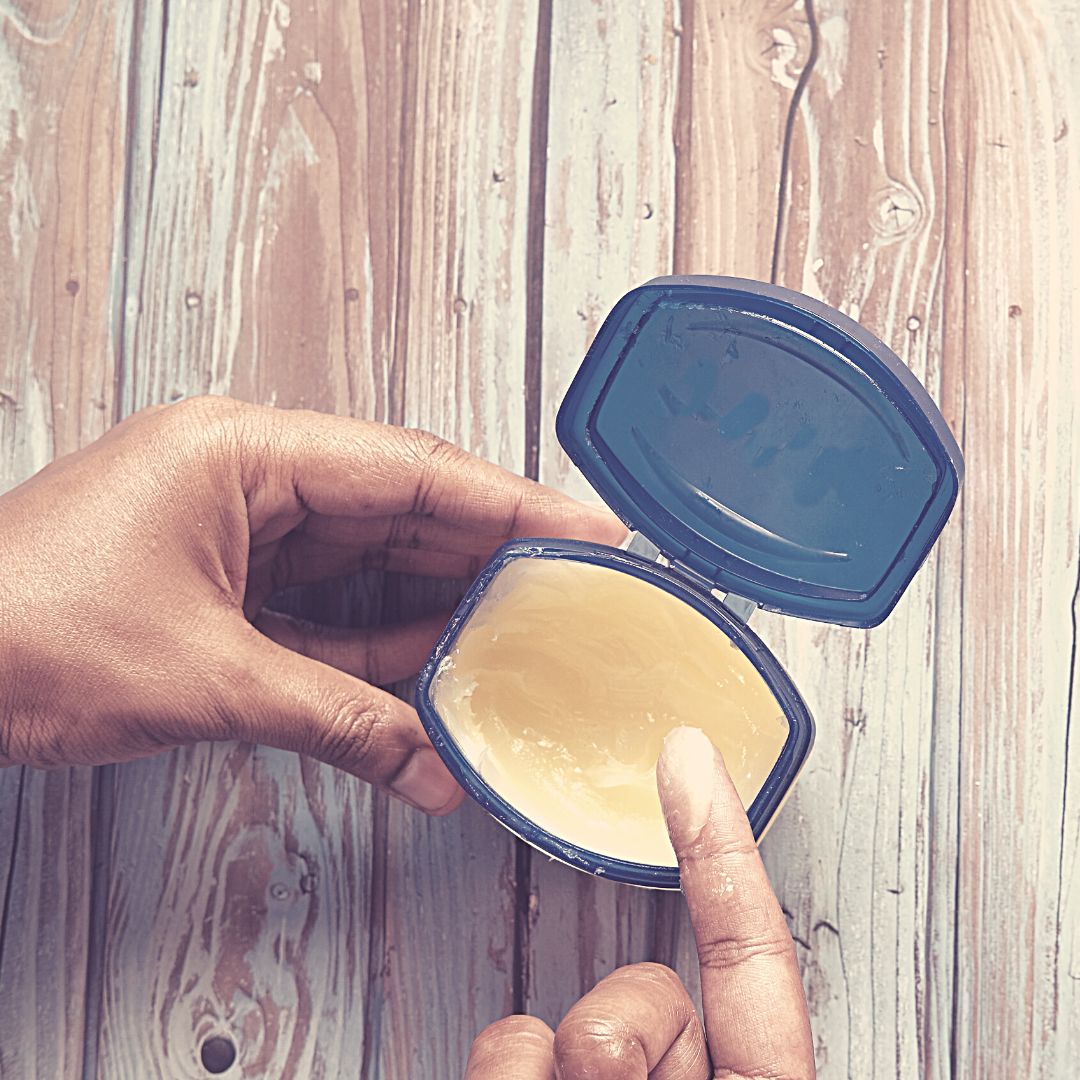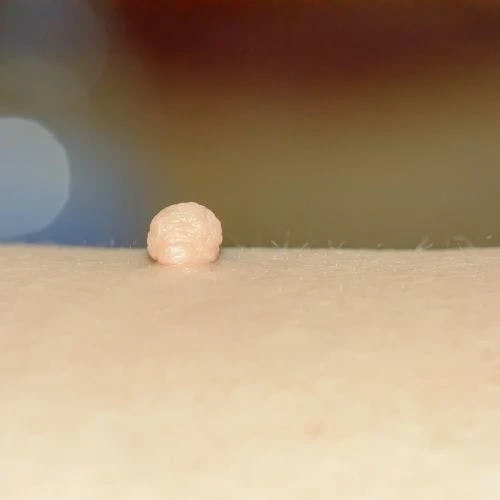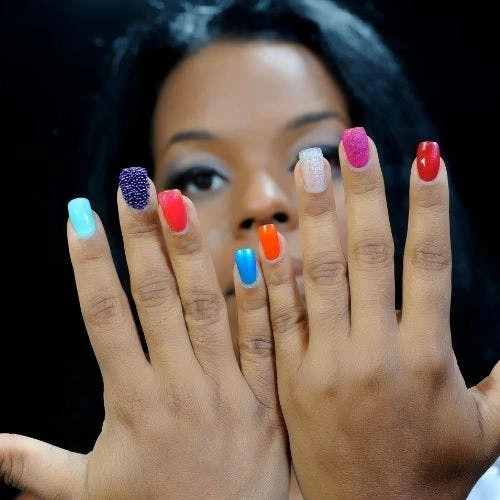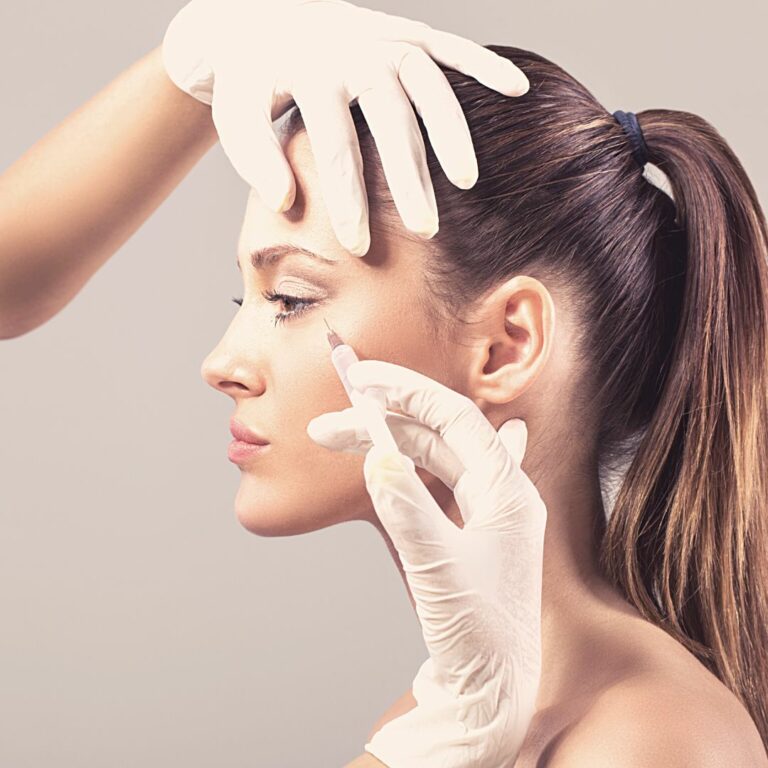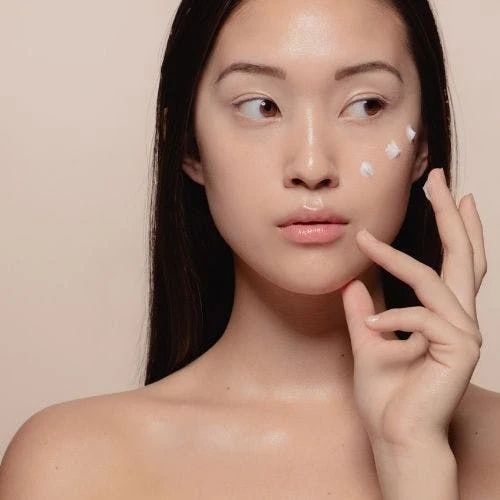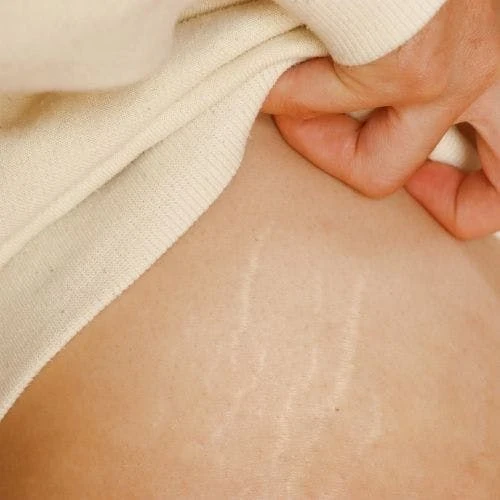Is Slugging Good For Acne-Prone Skin? Derm Explains
Many patients wonder, Can Slugging Help Acne? Board-certified Dermatologist and acne expert Dr. Brooke Jeffy explains what slugging is and if slugging can help acne.
Can Slugging Help Acne: What Is Slugging?
Slugging in skincare refers to a moisturizing technique where a thick, occlusive product, typically petroleum jelly or a similar heavy moisturizer, is applied over your entire face. It is usually the final step in your skincare routine. The term “slugging” comes from the slug-like shiny appearance your face has after application. People longing for baby-soft skin have tried this technique with varying results.
What Is The Purpose Of Slugging?
The purpose of slugging is to lock in moisture and lock in the other skincare products you may have applied underneath. In theory this should prevent transepidermal water loss (TEWL) during the time in which you have applied the petroleum-based product. Popular choices include Vaseline petroleum jelly and Aquaphor healing ointment.
Why Would Slugging Be Helpful For Sensitive Skin?
Slugging can be helpful for those with dry skin, sensitive skin, have extra dry skin in colder climates, or for anyone looking to boost their skin’s hydration levels. However, it might not be suitable for all skin types, especially those prone to acne or with oily skin, as the heavy layer can potentially clog pores and exacerbate these conditions.
Why Has Slugging Become One Of The Most Popular Skincare Trends?
As you can imagine, social media had a lot to do with the popularity of slugging. Several social media posts have gone viral talking about the benefits of slugging and placing a protective barrier on the surface of your skin using an occlusive moisturizer.
Where Did The Slugging Trend Start?
The slugging trend, popularized in South Korea and embraced during the colder months, relies on petroleum-based ointments or similar heavy occlusive ointment to seal in skin care products, promoting skin moisture and reducing the appearance of fine lines without interfering with the efficacy of underlying treatments like alpha-hydroxy acids or beta-hydroxy acids.
Can Slugging Help Acne: How It Relates To Acne
While slugging with occlusive ingredients such as mineral oil or shea butter is a great way to lock in hyaluronic acid and other active ingredients, it’s may not be a good idea for acne-prone skin types. This viral skincare trend could increase the risk of trapping bacteria, trapping oil, and increasing acne breakouts.
Can You Use Slugging Skincare Technique If You Have Acne?
If acne is a major skin concern for you, it’s a good idea to check in with a dermatologist before starting a slugging routine. They can provide personalized medical advice and a good way to manage your whole face from dry areas to those that have acne.
It may be possible to apply acne treatments to your facial skin before you apply the petroleum jelly product. Remember to have a clean face before putting on the acne medication. Then use a non comedogenic moisturizer. You can then layer that with a petroleum-based product to trap moisture.
Considerations For Combination Skin
For those with combination skin or concerns about acne, using a thin layer of a slugging product that contains salicylic acid or benzoyl peroxide might be a good fit. These ingredients are discussed in more detail below. They help to prevent acne by removing dead skin cells. They also provide a physical barrier against environmental elements like dry air that can irritate the skin.
Some patients have very dry skin and dehydrated skin. This damaged skin barrier has a higher risk of irritation. Because acne is also related to inflammation, irritated and inflammed skin can also become acne prone even if it is dry.
Can Slugging Help Acne: Possibly
Slugging can assist in managing acne by aiding in the reduction of overall skin inflammation. When skin becomes extremely dry, the skin barrier may deteriorate, increasing the susceptibility to acne breakouts.
Stick to slugging the areas where you don’t tend to get acne. Try these areas first before trying your entire face.
Every patient is unique and their skin is can respond differently to different treatments. While slugging is generally a safe practice to try on your own, having a dermatologist guide you is likely to improve your chances at clear and glowing skin.
Products To Apply For Acne-Prone Skin Before Slugging
If you want to try this skin care trend, you will want to put on the right product to help control your facial oils before you apply the thick product to seal in the moisture. Start with clean skin, then apply one of the products below, then a non comedogenic moisturizer and finally your thick slugging product of choice.
This skincare step will be important in helping you to manage breakouts the next day and beyond.
Glycolic Acid
Glycolic acid can help with acne in several ways. Its exfoliating properties allow it to penetrate the skin and remove dead skin cells, reducing the likelihood of pore clogging, which is a common cause of acne. By clearing away dead skin cells, glycolic acid helps to prevent the buildup of sebum and debris in the pores, which can lead to acne breakouts.
Additionally, glycolic acid can help to reduce the appearance of acne scars and hyperpigmentation by promoting cell turnover. This accelerates the process of bringing new skin cells to the surface, which can help to fade marks and scars over time, leading to a more even skin tone.
Its ability to improve skin texture and reduce inflammation can also benefit acne-prone skin, making it appear smoother and less irritated. However, while glycolic acid can be effective for mild to moderate acne, it’s a good idea to check with your dermatologist before deciding on a skin care routine. This can help to reduce breakouts.
Benzoyl Peroxide
Benzoyl peroxide is a well-known topical medication used to treat acne. It is unique among acne treatments for its ability to kill Propionibacterium acnes (P. acnes), the bacteria responsible for acne. It does this by introducing oxygen into the pores, as P. acnes bacteria cannot survive in an oxygen-rich environment.
Benzoyl peroxide also has keratolytic action. This means it helps to exfoliate the skin by increasing the turnover of skin cells, which helps to prevent the clogging of pores. This action helps to reduce the formation of comedones (blackheads and whiteheads) and prevents future breakouts.
Benzoyl peroxide has a mild peeling effect that promotes the shedding of the outer layer of the skin. This helps to clear the pores of dead skin cells and excess sebum, reducing the likelihood of pore blockages.
This product also reduces inflammation, which can help to lessen the severity of acne breakouts and promote faster healing of existing pimples.
Benzoyl peroxide is available in various concentrations, from 2.5% to 10%, in many forms, including gels, creams, lotions, and washes. Lower concentrations are effective and tend to cause less irritation than higher concentrations.
Salicylic Acid
Beta Hydroxy Acids (BHAs) are a class of organic acids used in skincare products for their exfoliating properties. The most well-known BHA in skincare is salicylic acid. Unlike Alpha Hydroxy Acids (AHAs) like glycolic acid mentioned above, which is water-soluble, BHAs are oil-soluble.
Being oil soluble allows Salicylic Acid to penetrate deeper into the pores of the skin. This characteristic makes it particularly effective for oily and acne-prone skin types. You can apply an over the counter salicylic acid product before your regular moisturizer. Then you can layer that with the slugging product.
Can Slugging Help Acne: Summary
Slugging is a skincare technique that involves applying a thick ointment like Vaseline petroleum jelly as the last step in your skincare routine. The purpose of this beauty trend is to create a protective layer that traps moisture. This is meant to enhance the skin barrier function and help in the healing process of very dry or damaged skin.
For acne-prone skin, strongly consider applying an anti-acne medication before your moisturizer. Products like glycolic acid, benzoyl peroxide and salicylic acid can be helpful to control acne breakouts while slugging. Slugging can help acne by helping to reduce general inflammation of the skin. Extremely dry skin can mean the skin barrier breaks down making it more prone to breakouts.
Especially if you have a specific skin condition or are using acne treatments, the wrong slugging product can trap bacteria. This can lead to a risk of irritation, and an increase in inflammation and even acne.
Before adding the “slug life” to your nighttime skincare routine, be aware of the side effects and talk to a dermatologist. It’s best to have professional medical advice before beginning a skincare regimen to help ensure your acne won’t get worse during slugging.


